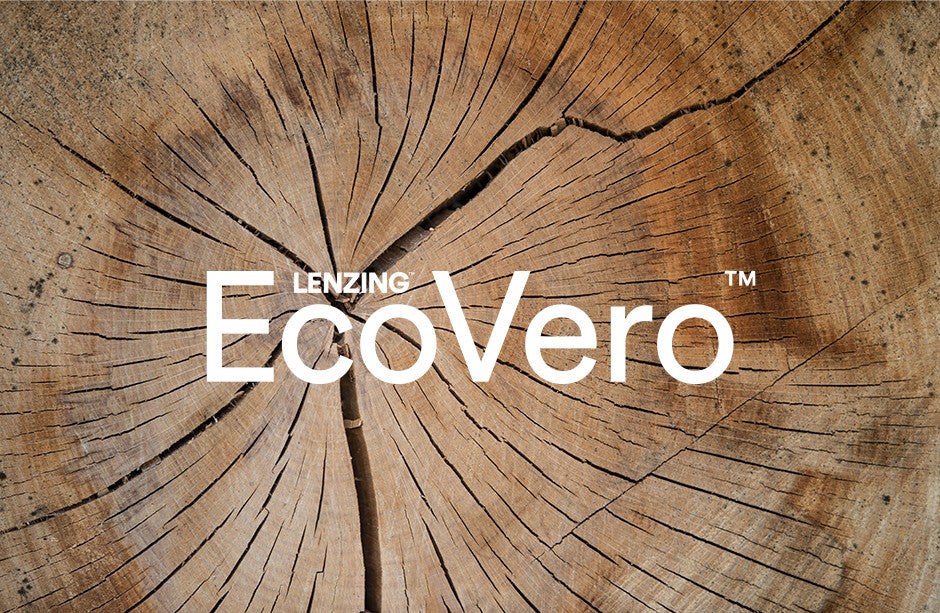Our sustainable road

Bij Honnête geloven we in eerlijkheid en transparantie, vooral als het gaat om duurzaamheid. We vinden het belangrijk om onze klanten en partners te informeren over wat we doen.

CONTRACTS
Business Social Compliance Initiative (BSCI)
Wij streven naar maatschappelijk verantwoord ondernemen en ethische productiepraktijken in onze toeleveringsketen. Daarom selecteren we onze leveranciers zorgvuldig op basis van strenge normen voor arbeidsomstandigheden en maatschappelijk verantwoord ondernemen. We maken gebruik van het Business Social Compliance Initiative (BSCI) van AMFORI, een toonaangevend initiatief dat zich inzet voor de verbetering van arbeidsomstandigheden wereldwijd. Onze leveranciers worden regelmatig gecontroleerd volgens de strenge BSCI-normen, waaronder arbeidsrechten, gezondheid, veiligheid en milieu.

Lenzing EcoVero™
Om onze duurzame productie te waarborgen, probeert Honnête Atelier zoveel mogelijk EcoVero Viscose te gebruiken. Producten gemaakt van EcoVero Viscose verbruiken minder water tijdens het productieproces, zijn gemaakt van hout en genereren minder dan 50% CO2-uitstoot.
Het verantwoorde productieproces van LENZING™ ECOVERO™-vezels verbruikt volgens Higg MSI minstens 50% minder water en stoot minstens 50% minder CO2 uit in vergelijking met generieke viscosevezels, waardoor kostbare grondstoffen voor toekomstige generaties worden bespaard. De productieprocessen van LENZING™ ECOVERO™-vezels worden continu verbeterd om de hulpbronnenefficiëntie te maximaliseren en de impact op het milieu te minimaliseren.
Minimaal 50% minder waterimpact volgens Higg MSI*. Naast het handhaven van een zeer efficiënt gebruik, zuiveren we het water dat we gebruiken voordat we het teruggeven aan de natuur.
LENZING™ ECOVERO™-vezels zijn gemaakt van hout, een natuurlijke en hernieuwbare grondstof uit verantwoord beheerde bossen. Het hout uit de natuur is afkomstig van gecontroleerde of gecertificeerde bronnen die voldoen aan de FSC®- of PEFC-normen. Vanwege de zeer verantwoorde inkooppraktijken die bijdragen aan de bescherming van oeroude en bedreigde bossen, wordt Lenzing consequent erkend als een van de best presterende bedrijven wereldwijd in het Hot Button Report van Canopy.
Minimaal 50% lagere CO2-uitstoot naar lucht volgens Higg MSI*, waardoor de impact van onze productie op klimaatverandering wordt verminderd.
